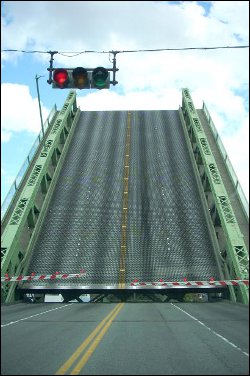 I have a couple empty Moleskine notebooks tucked away in my desk drawer. Within reach, though, I have an almost full Mead notebook. (And several small Mead notebooks scattered about–even in my car.)
I have a couple empty Moleskine notebooks tucked away in my desk drawer. Within reach, though, I have an almost full Mead notebook. (And several small Mead notebooks scattered about–even in my car.)
* * *
I have a good friend who’s an artist. Years ago, when he read that Mark Schultz uses a Windsor Newton Series 7 #3 sable brush for inking, my friend decided that’s what he needed to use.
Today, he inks everything with a dip pen, using metal nibs more suited for his style.
* * *
I’ve mentioned before that I’m a big fan of The Nerdist podcast. In an episode with — I believe — Rob Zombie, host Chris Hardwick (a stand up comedian), talked about how he tried Bill Cosby’s writing method for a short time.
It didn’t work for him.
* * *
Many writers fixate on fancy pens and do-it-all software used for writing. I use Paper Mate barrel pens because I can buy a pack when I’m at the grocery store and remember, “Hey, I need a pen,” and most writers I know use basic word processing software (and maybe a cheap notebook for capturing random thoughts and ideas).
* * *
So many people see the tools their heroes use as bridges to the Promised Land — magical cure alls that will make them better writers. Often, though, these writers end up stuck on one side of a gap, unable to cross over because they’re focused on the wrong things.
By all means, if you read about something that works for others and it sounds good for you, give it a try. But if it doesn’t work for you, don’t feel bad. Remember, people have been writing with primitive pens and paper for millennia.
Always do what works for you. Don’t become too infatuated with gear, software, or organizational systems.
Using shiny things doesn’t necessarily mean your writing will shine.
To pull that off, you just need to sit down and write regularly — even if it’s with a stubby pencil on scraps of paper.

Yeah, I’m the cheap notebook, mechanical pencil, basic software kind of writer. Works for me.
I have found myself at The Container Store a few times, marveling at the stack of Moleskine and similar writing products, thinking, “who USES this stuff?” If you’re a regular writer the cost of those things would add up pretty quickly!
Paul,
If I wrote novels by hand, I might consider a larger Moleskine, but I jump all around in notebooks, tear pages out when I’m done, and do other things. So, like you, I go with cheap notebooks because I’d feel weird tearing up a Moleskine.
And since I never know where and when I’ll need a pen, cheap pens are tucked away in notebooks around my desk, in my car, and in my briefcase.
I love the thought of a nice clean desk and writing things down in a perfect order, but I know that will never happen. For others, perhaps knowing they spent some money on a nice pen and notebook makes them more conscious of every word they put down. (I found that urge when I bought a Moleskine, but I found it made me feel restrained–not liberated like in a cheap notebook.)
I’m glad cheap works for others, too.
Tammy,
That’s my thing: I use paper like I use a word processor, so I move things around. The only way to do that with paper is ripping pages out and inserting them in a notebook in other places.
I don’t mind doing that with pages that are perforated and meant to be removed or shuffled around. But yes, the cost of tearing up a Moleskine would add up.
My most recent Mead notebook has been soaked by rain, torn up, and written on all over. But I don’t feel bad because it was only a few bucks.
I can see having a nice pen, but I know I’d lose it! So I go affordable there, too.